7 Foods That Could Disappear From Shelves if Tariffs Take Effect
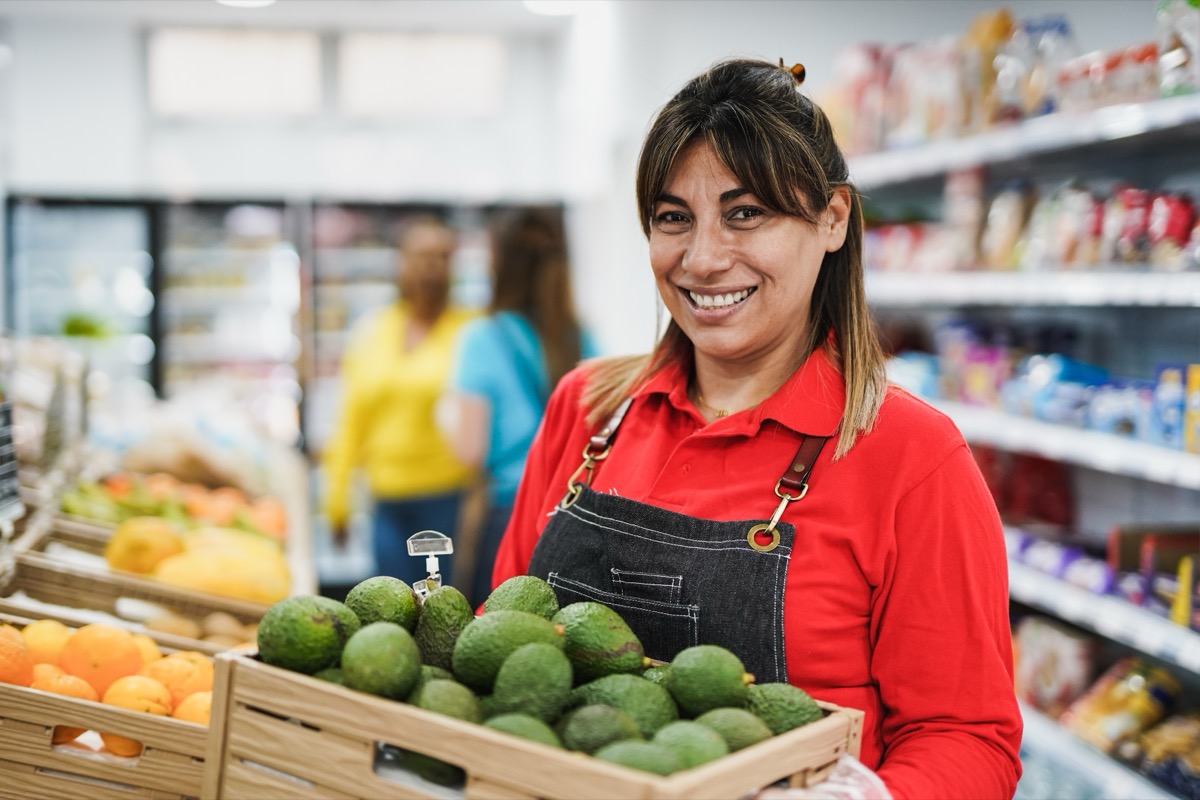
If you've noticed higher prices at the grocery store lately, things might get even more expensive soon. President Donald Trump has delayed new tariffs on Mexican goods for a month, but those on Canadian and Chinese imports are still set to take effect. Experts warn that even with the pause, shoppers could see price hikes on everyday essentials like produce, meat, and even tequila. "Produce is where you're going to see the biggest disruption when you see prices go up in your local grocery store," Claremont Graduate University economist Ryan Patel tells CBS News. "You look at a lot of the items that we get are produced in Mexico, China, Canada. For consumers, it's going to be tough when they see that costs go up at their local store. It's going to be very difficult." Here are 7 foods that could disappear from shelves as the new tariffs take effect.
Fresh Vegetables
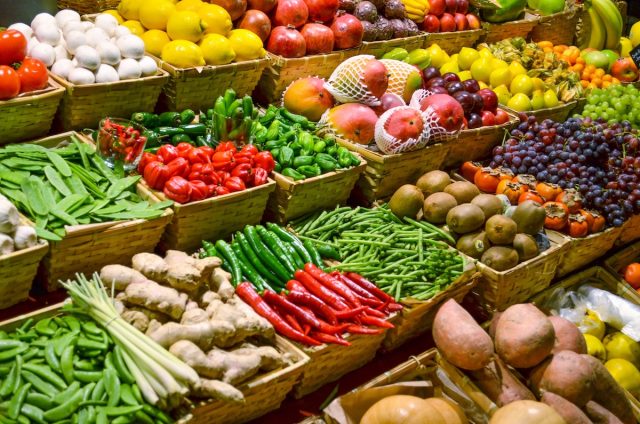
The U.S. relies on Mexico for a significant amount of fresh produce, so expect disruptions. "About 63% of all our vegetables come from Mexico," food industry analyst and editor of The Supermarket Guru Phil Lempert tells ABC7. "When we look at fruit and nuts, about 50% come from there. If we take a look at our meat, that comes from Canada. This is not something that's going to have a good effect for consumers any time soon."
Avocados From Mexico
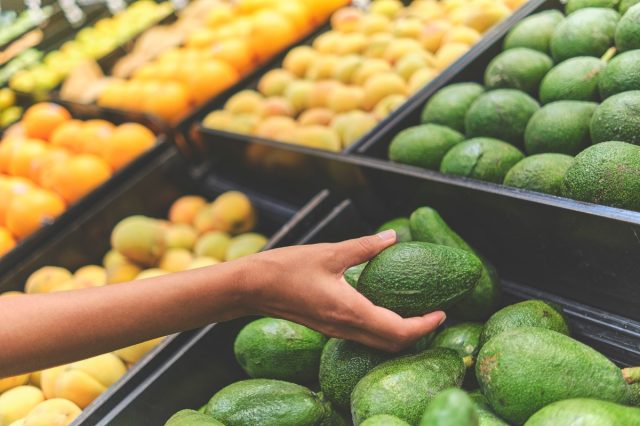
Mexico is a major importer of avocados, which are about to become a lot more expensive if they're even available at all. "Grocery stores operate on really tiny margins,'' Scott Lincicome, a trade analyst at the libertarian Cato Institute, tells AP. "They can't eat the tariffs … especially when you talk about things like avocados that basically all of them – 90% — come from Mexico. You're talking about guacamole tariffs right before the Super Bowl.''
Tequila
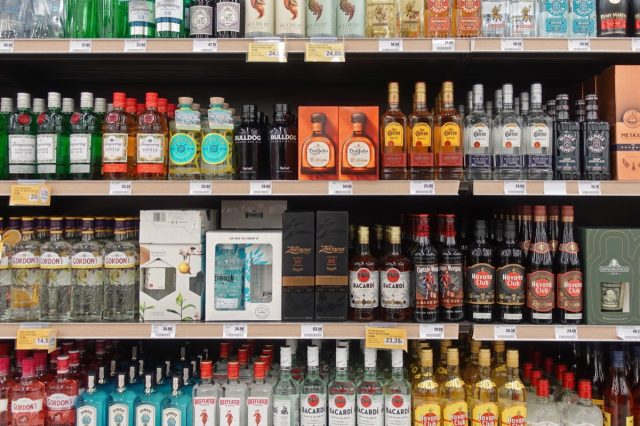
Your favorite tequila could become scarce. "At the end of the day, tariffs on spirits products from our neighbors to the north and south are going to hurt U.S. consumers and lead to job losses across the U.S. hospitality industry, just as these businesses continue their long recovery from the pandemic," Distilled Spirits Council of the United States resident and CEO Chris Swonger tells AP.
Raw Sugar
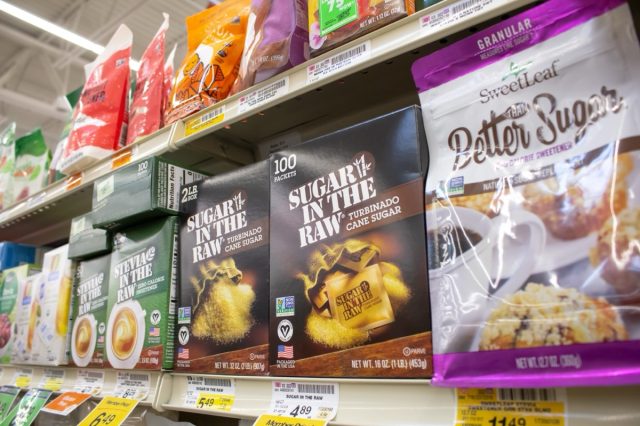
Trade with Mexico accounted for nearly 15% of all U.S. sugar imports in the 2023/2024 season, according to Reuters. This came out to 3.76 million short tons of sugar being shipped to the U.S. under previously reduced tariff rates.
Fresh Flowers
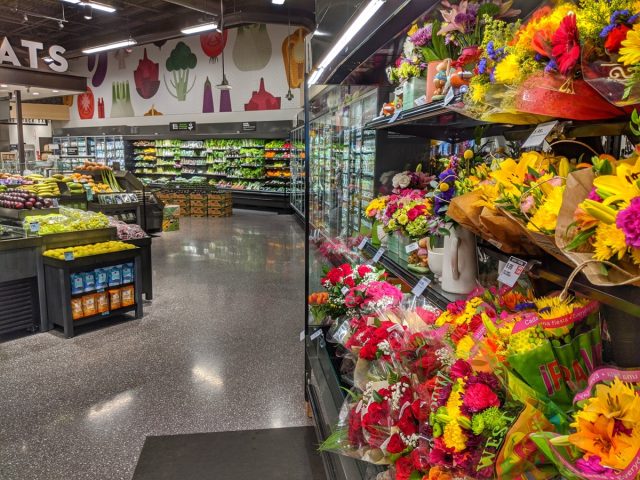
There might be a much smaller selection of fresh flowers for Valentine's Day, according to analysts. "I do think that when we look at our produce department, that's where we're going to see empty shelves," Lempert says. "The one other thing we do get from Canada is fresh cut flowers, so leading up to Valentine's Day, we might have a shortage of fresh cut flowers as well."
Meat From Canada
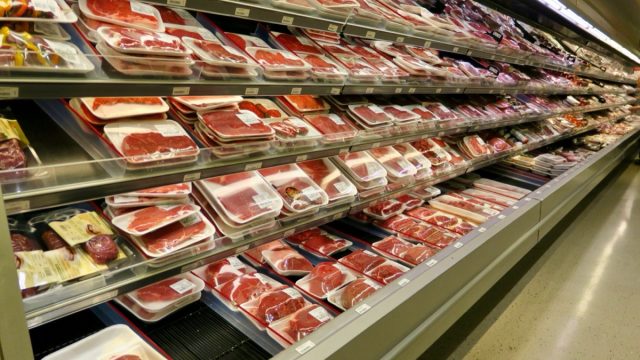
The U.S. relies on Canada for a great deal of red meat, so expect shortages there too. "The Meat Institute has heard from several members about concerns regarding these tariffs on live cattle and hog imports, in particular," the US Meat and Export Federation (USMEF) told Meat + Poultry. "Staff at the Meat Institute are scheduling meetings with key Congressional staff and other government officials to share information about the impact of tariffs, and retaliation, on live animals and other meat and poultry products."
Fresh Fruit
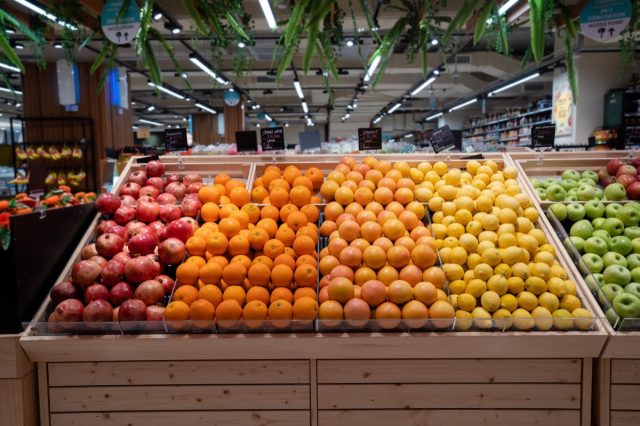
The U.S. imports a significant amount of fresh fruit such as strawberries and winter fruit from Mexico. "Grocery stores rely very heavily on Mexico for about half (their) fresh produce imports," says Ed Gresser, vice president at the Progressive Policy Institute, via Axios. "If you wanted to shift that to U.S. production it would be very hard. You'd have to go to a lot of greenhouses and it would be very expensive."









